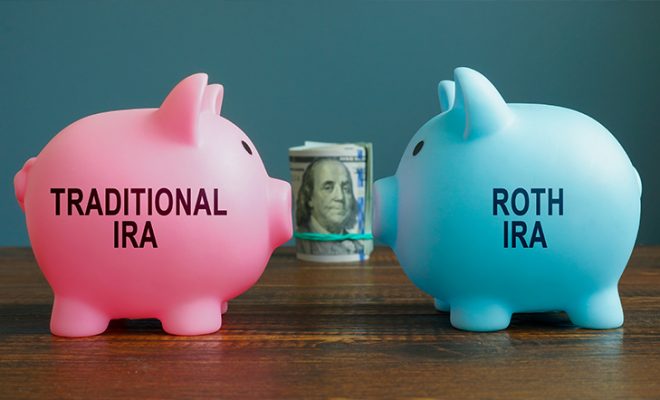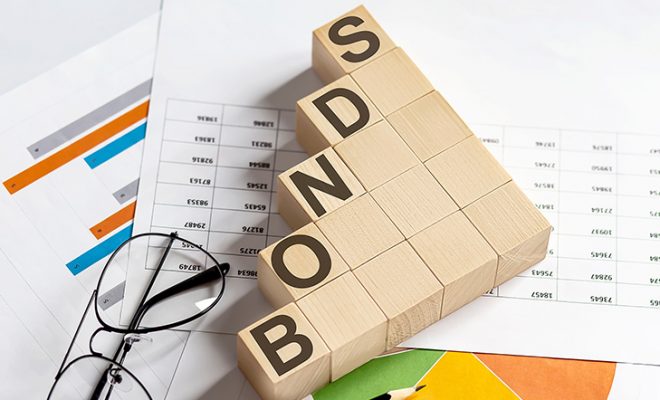9 Reasons You Might Run Out of Money in Retirement

Most financial experts advise starting saving early to avoid running out of money when they retire. However, as retirement approaches, these individuals may discover that their retirement may cost more than what they had anticipated. Did you know that 40% of all US retired households run out of money during their retirement?
Several factors can contribute to this disruption. It could be inflation, rising health costs, or changing policies on 401(k)s, IRAs, income taxes, etc. Thus, when you are saving money for retirement, individuals must understand the changing requirements and how to account for them flexibly. If you are not careful, your retirement corpus may not last your retirement. If you wish to safeguard yourself against such an event, reach out to a professional financial advisor who can guide you on how to stretch your retirement savings to last your golden years.
Now, there are several aspects that may be considered to enjoy retirement without going broke. Let us read them in detail.
Reasons why you can run out of money in retirement
Many individuals are confused about what to do with their retirement money after retirement. Many people start overspending and ultimately run out of money. There are some common mistakes listed below that you must avoid to ensure that you have enough money for retirement and you do not go broke during your retirement years.
1. Diluting your stock investments
Retirement is often accompanied by fear of what lies ahead. This can make you take steps that you might regret later, like, for instance, diluting your stocks.
Investing in the stock market can be risky, and the fear can worsen when you retire, as you no longer have a steady source of income. Due to market volatility, investments in stocks always carry risk. It is advised, as you start nearing retirement, you rebalance your investment portfolio and reduce your market exposure. You can switch to bonds, treasury bills, mutual funds or other low-risk investments. However, take care to not completely divest your stock options. Your stock investments can help you generate inflation-beating returns and boost your retirement savings.
2. Over-investing in stocks
While diluting your portfolio is not a recommended investing strategy, overinvesting may not be wise either. While stocks have historically provided exponential returns, the risk they carry cannot be ignored. Market volatility, bear runs, crashes, etc., all make stock investment a risky affair. If you have concentrated or overinvested your retirement corpus in stocks, you could lose your entire corpus if markets fall or your chosen stock crashes.
Depending on your risk appetite, you can follow certain investment rules, tricks, and percentages to safeguard your corpus, especially when nearing retirement. For instance, you can follow the 60-40-20 rule, moving from a 60% investment in stocks to 40% during your early retirement phase. You can further drop your stock investments down to 20% during your later years. Also, remember that diversification is the key to investing. Do not concentrate your retirement corpus in one asset class, sector, industry, or stock.
3. Spending on a lavish lifestyle
Overspending is arguably the top reason why retirees run out of money. According to an Employee Benefit Research Institute report, about 46% of retired people tend to spend more during their first two years of retirement than what they spent just before retiring. Now, this is not surprising, as during early retirement, controlling the urge to spend can be quite tricky (as one is used to earning a steady income).
Making changes to lifestyle at the onset of retirement can be extremely challenging. But if overspending is not addressed early on, sooner or later, you will find yourself drained financially. As income sources become limited, you need to be extremely careful of every dollar you spend. Expenses such as mortgages and EMIs should be accounted for, and a plan should be formulated on how you will use your retirement corpus immediately after retirement for the next 5-10 years. You may also formulate a budgeting strategy where you can add up all your monthly expenses by factoring in taxes and other deductions like regular healthcare, etc.
This way, you are fully aware of your expenses and can avoid overspending.
4. Being reliant on a single source of income
Most individuals, throughout their life, depend only on a single source of income. This may not be very wise. Passive income is critical, whether you are working or have retired. Also, when your only major source of income stops after retirement, your passive income can come in handy. A passive income can be generated through dividends, rent, royalty, etc.
Try to diversify your income sources so that even if one income source dries up, you will have other sources that you can rely on. It would be best to consider a mix of investments, your IRAs, pension, etc., to have a stable source of income.
Alternatively, you can also take up a part-time job or make a second career based on something you may feel passionate about during your retirement to have an additional source of cash flow.
5. Neglecting healthcare
As you grow older, you may need to spend a larger sum of money on healthcare. While planning for retirement, healthcare expenses should be on top of your list.
Healthcare expenses can dilute a good part of your retirement corpus. A recent report showed that a regular 65-year-old man will have to save $142,000 to be able to bear 90% of his medical expenses post-retirement ($159,000 if you are a woman). This amount is apart from any healthcare insurance that the person might have availed of. Therefore, not considering health expenditure when planning retirement can drain your corpus faster than you may anticipate.
Long-term care costs are at their highest currently. And if you want to enjoy retirement without going broke, invest in quality healthcare insurance. The premiums, though expensive, may provide a good cover for your medical expenses during retirement.
6. Not accounting for taxes
Taxes are often the most ignored part of financial and retirement planning. Every investment you make, right from stocks, IRAs, 401(k)s, to real estate, all attract heavy taxes. These taxes can drain your corpus if you do not plan for them wisely.
Not just this, state taxes can also majorly impact your retirement savings. Based on your location, income taxes, sales taxes, property taxes, etc., can eat into a major chunk of your retirement money. Tax planning should thus be done meticulously and with the help of an expert to avoid any unexpected tax bills in the future.
7. Not planning for insurance
Insurance plays a major role in your retirement, and you must invest in getting adequate health coverage for yourself. Medicare aims to cover a major chunk of all your medical expenses. However, some expenses do not come under the purview of Medicare, and you will have to spend additional money on them. You can start with Medicare Part A, which covers all your hospital bills. The best part about this policy is that it is free of cost for people above 65 years (however, you will have to pay some money to get coverage on doctor visits and other related services as they are covered under Medicare Part B).
However, insurance coverage is not just limited to healthcare. You can also avail accidental insurance for maximum safety. Now, suppose you are underinsured and face a medical emergency in your retirement. You may be forced to dilute a large amount of your retirement corpus to cover the expenses. This will disrupt all of your retirement planning. Had you been fully insured, the scenario may have been completely different. Hence, review all your insurance coverages, and if they are not sufficient, try to bump up your coverage to avoid any unpleasant surprises in the future.
8. Taking a loan from your retirement account
It is not uncommon to come across financial emergencies that may pop up unannounced. You may have to take out a loan from your retirement plan. But borrowing money from your retirement plan is not recommended either.
In America, about one-third of the people commit this mistake, and end up adversely affecting their retirement corpus. If you refrain from borrowing from your retirement fund, you can use the money to earn a higher sum of interest. So unless there is a grave emergency, try not to borrow money against your retirement accounts like 401(k)s, IRAs, and others. Remember that withdrawals are subject to taxes, and penalties, which again will deeply impact your retirement corpus.
9. Not creating an emergency fund
Emergencies never come announced. Emergencies can easily throw your entire retirement planning and budget out of the window, especially when you do not have an active source of income.
To avoid panic and regret later, individuals should try to set aside at least 10% of their retirement income as an emergency fund. This way, you will not need to dilute your stock investments or make early withdrawals from your retirement accounts when you need funds urgently. This is an often overlooked step in retirement planning, but if accounted for, it can help keep your retirement corpus stable.
To conclude
Retirement planning is not an easy exercise. You need to consider several factors such as inflation, taxes, income sources, healthcare, insurance, retirement lifestyle, and more. Thus, the need for the right planning is paramount. However, individuals often do not actively work on boosting their savings rate for retirement corpus and end up eroding it. This can be avoided if you take steps to use the various strategies stated here and spend every dollar wisely.
Use the free advisor match tool to match with an experienced and certified financial advisor who will be able to guide you effectively on the different steps to protect your retirement assets and income. Give us basic details about yourself, and the match service will connect you with 1-3 professional financial fiduciaries that may be suited to help you.










